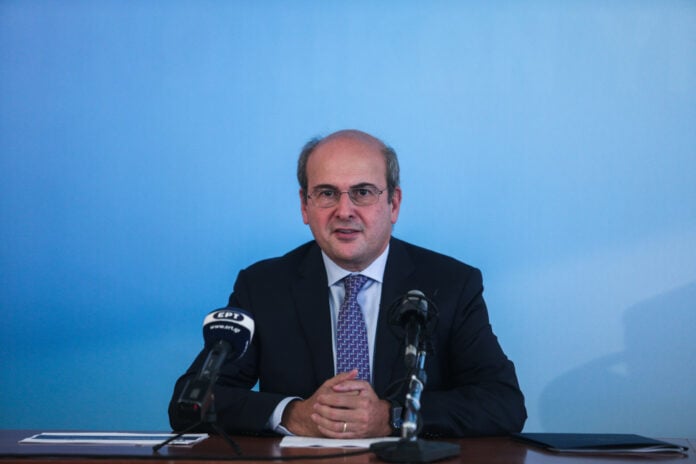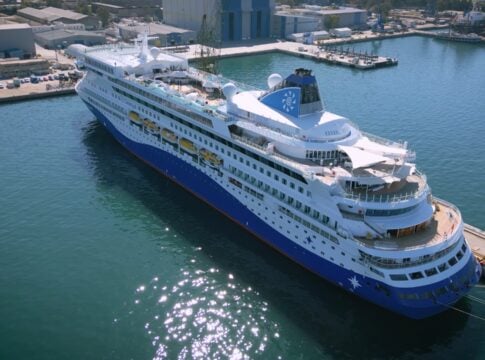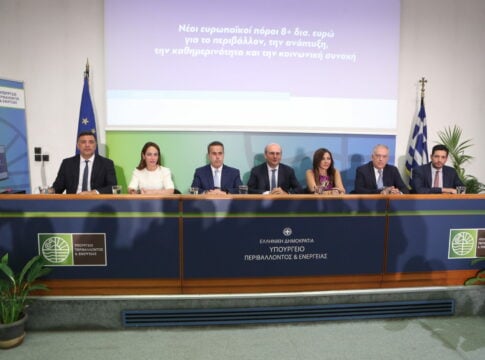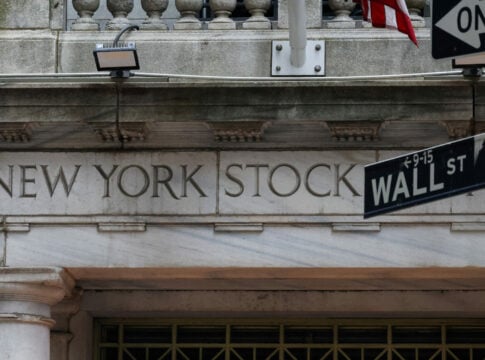Economy and Finance Minister Kostis Hatzidakis announced that the ministry will adopt four main axes for economic policy – including new measures amounting to one billion euros to support incomes.
These measures focus on the contribution of banks to the stimulation of liquidity, the increase in the use of electronic transactions in order to combat tax evasion, the support of household income and the policies to deal with natural disasters.
During a press conference with his deputy ministers Haris Theoharis and Thanos Petralias, Hatzidakis said that “we are trying to work seriously, systematically and our efforts have started to bear fruit.”
“Immediately after the elections, we took steps in the fight against tax evasion. We gave a battle for legitimacy on the beaches. EYDAP and EYATH are returning to the state, the airport El. Venizelos was listed on the stock market. During the summer we had a series of HRADF agreements. Regarding Attiki Odos, we achieved a price that exceeded expectations. We have acquired the investment grade. Three rating agencies have already upgraded the Greek economy to investment grade.”
On his part, Theoharis outlined planned measures to limit the use of cash and use technology to combat tax evasion, with mandatory electronic transactions and invoicing in many areas, increased fines for use of cash in transactions exceeding 500 euros and stricter controls for short-term leases, among others, with stiffer penalties for transgressions.
Petralias announced a series of measures boosting the income of pensioners and those receiving the minimum guaranteed income, as well as further measures targeting specific groups and areas. The cost of the above measures is estimated at 2.5 billion euros for the two-year period 2023-2024, without counting compensation for natural disasters.
For natural disasters, the ministry has drawn up a supplementary budget of 600 million euros and set up a separate account with 600 million euros per year from the public investments program. There are also plans for new infrastructure projects amounting to 2.2 billion euros financed by the NSRF and Recovery Fund, a climate change levy on short-term leases raising 240 million euros annually, mandatory insurance for buildings and inventory after 2024 for large businesses and mobilizing private initiative.














